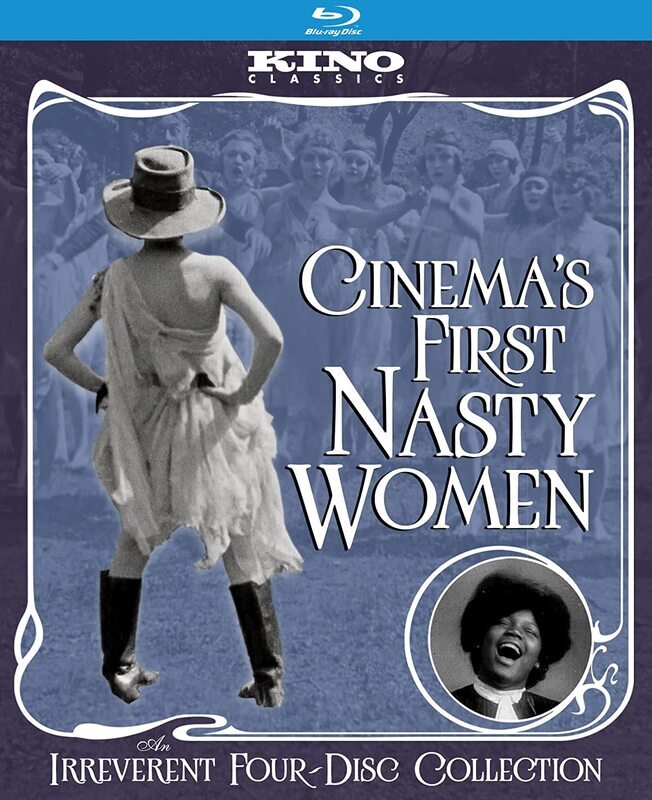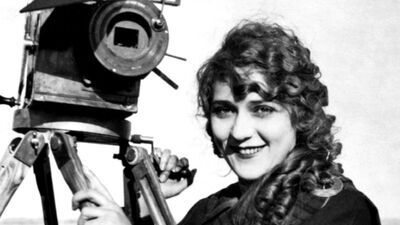But film is inherently a visual medium, and so in tandem with this ongoing research by academics and scholars, there’s also been a surge in restoration, preservation, distribution, and presentation of these trailblazing movies. This includes the restoration of Weber’s films “Shoes” and “The Dumb Girl of Portici,” both undergone by Milestone Films in partnership with institutions like EYE Filmmuseum in Amsterdam, the British Film Institute, the New York Public Library’s Performing Arts Library, An Affair with Film, and the Library of Congress. These restorations, along with several others of Weber’s films, allow modern viewers to see with their own eyes why she was so lauded in her time. Her mastery of cinema, her fluidity, her creative use of light and editing all showcase the way her work helped build this language.
In the last five years, Kino Lorber has released two invaluable anthology sets, produced by Bret Wood, composed of other recent restorations and scholarly contextualization. The first, Pioneers: First Women Filmmakers, curated by scholar Shelley Stamp, author of Lois Weber in Early Hollywood, features over 50 films from more well-known directors like Alice Guy-Blaché and Lois Weber, more obscure names like Grace Cunard, Helen Holmes, and Cleo Madison, who helped shape early genre cinema, and star directors like comedienne Mabel Normand, who is remembered today more for her comedic acting alongside Charlie Chaplin and Roscoe Arbuckle than for her work behind the camera. It also features Nell Shipman’s “Something New,” a comedy from 1920 about making movies that Chazelle visually references in “Babylon”’s first scene with Adler.

Last year, Kino released Cinema’s First Nasty Women, a film collection that seeks to highlight the female performers and creators who subverted the very idea of womanhood during their time. Co-curated by Laura Horak, Maggie Hennefeld, and Elif Rongen-Kaynakç, and with titles sourced from over a dozen archives around the world, the set features 99 movies produced from 1898 to 1926, shining a light on forgotten female comedic innovators, like the French comedienne Léontine, whose work in front of the camera shaped the very idea of movie stardom.
Sumber: www.rogerebert.com
 Skip to content
Skip to content








